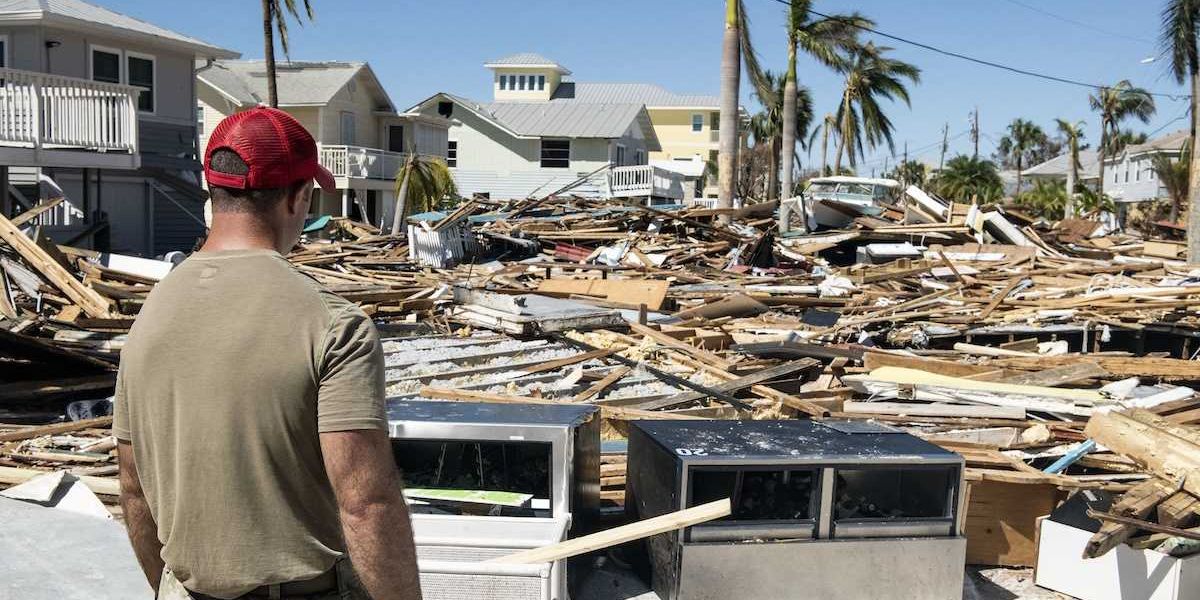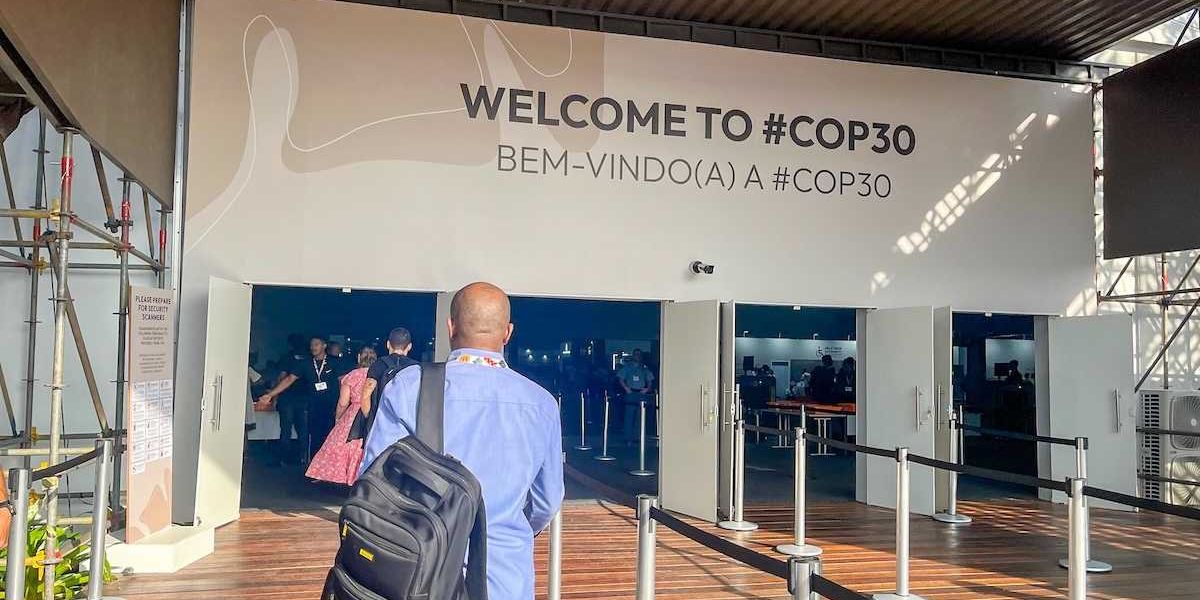Here’s why NASA is working on a concept crewed mission to Venus
Here's a climate story that speaks to the 14-year-old science geek in all of us.
Start with some basics:
The Venusian atmosphere is comprised of 97 percent carbon dioxide, about 3 percent nitrogen and trace amounts of other gases.... The current climatic conditions and composition of the atmosphere are the result of a runaway greenhouse effect, (an extreme greenhouse effect that cannot be reversed) which transformed the planet from a hospitable Earth-like "twin" world in its early history.
That creates enough of an insulating blanket to drive the planet's surface temperature to 870ºF (460ºC), enough to melt metals like lead and bismuth—and which, the article notes, may fall as "snow" on Venus' higher mountain peaks.
By contrast, Earth's CO2 percentage is 0.04 percent (or 400 parts per million), and scientists fear a rise to 0.06 could render vast swathes of our planet uninhabitable or unsuitable for agriculture.
NASA, according to this fascinating story in Popular Science, is sketching ways to send manned airships to Venus' atmosphere to further our understanding of the evolution of our solar systems (and others!) and test the extremes of our climate models.
As surprising as it may seem, the upper atmosphere of Venus is the most Earth-like location in the solar system. Between altitudes of 50km and 60km, the pressure and temperature can be compared to regions of the Earth's lower atmosphere. The atmospheric pressure in the Venusian atmosphere at 55km is about half that of the pressure at sea level on Earth. In fact, you would be fine without a pressure suit, as this is roughly equivalent to the air pressure you would encounter at the summit of Mount Kilimanjaro.
Scientists have theorized that Venus and Earth were twins in their early history, formed of the same ingredients and each with oceans of water. But Venus gets far more sunlight, and NASA suspects Venus' oceans evaporated. Radiation broke apart the water vapor molecules: Hydrogen escaped to space, and CO2 accumulated.
Scientists see no chance that our human activities can trigger such a one-way ticket to warming. But it sure would be cool to be on a platform of an airship high above Venus, wearing little more than an air supply and a chemical haz-mat suit.
Read the full story on Popular Science.













